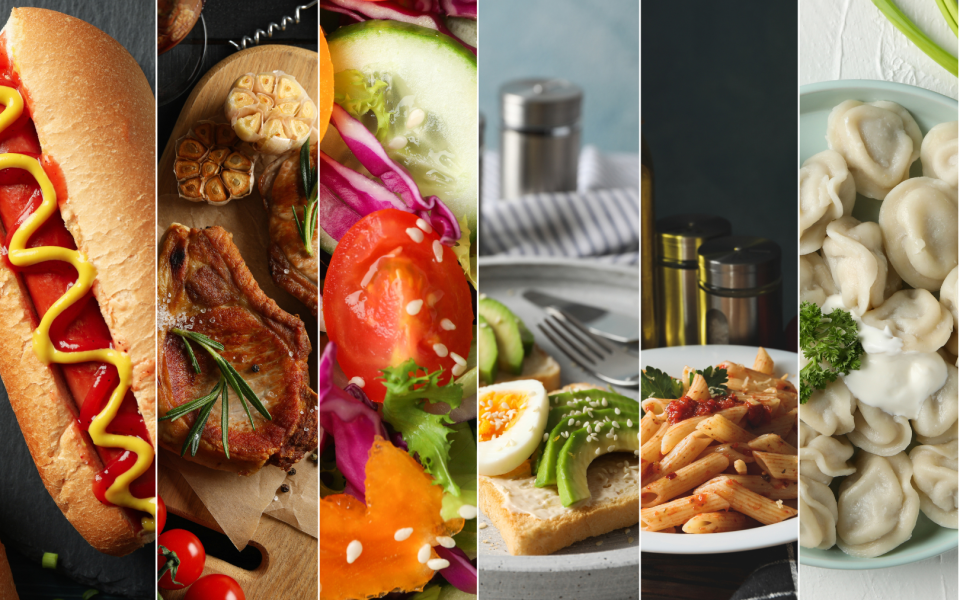You're not too late - there's still time to book with us.
Fill out your details below and our team will be in touch.
It can be really difficult to know how to budget, as well as making sure you’re eating properly.
We’ve put together a guide to help you pinch the pennies whilst also keeping your meals healthy and filling.
Food shopping on a budget:
- Bulk buying: You might not have much kitchen space if you’re in a shared space, so shopping together in bulk and splitting the cost will really help lower costs whilst helping you keep track of what you’re spending.
- Plan your meals: If you head to the shops without a plan, you’ll end up coming back with lots of tasty things, but lots of added extras that you didn’t need.
- Set a spending limit: Have a set amount and be strict - don’t go over it.
- Don’t shop when hungry: Your belly will be excited, and your budget will go straight out of the window.
- Discounts: Make sure you have any discount cards/codes/apps on your phone, ready to use anytime. You never know when you might need to grab some milk, and you might have a 50p off code somewhere!
- Reduced items: If you shop at the right times, then you’re more likely to grab yourself a better bargain. Find out when your local supermarkets mark their reduced items down for the day and try to time your visit alongside this.
- Avoid waste: Made too much? Don’t throw it away, just freeze it or save for another day.
- Own-brand: It can be really tempting to stick with our favourite brands, but most supermarkets now have own-brand alternatives, and most of them taste the same too.
- Compare prices: Don’t just head to the most convenient shop, walk a little further and save some money. Those saved pennies all add up!
Tips for a healthier lifestyle:
- You won’t get everything you need from one single food or food group - it’s about balance.
- Fruit or vegetables should be eaten as part of a healthy diet, whether it’s fresh, frozen or canned.
- Sometimes it’s quality over quantity, so starchy foods such as bread and pasta are better when wholemeal.
- Plant-based protein foods such as chickpeas and beans are naturally low in saturated fat and are good to include regularly in meals.
- Healthier fats are better for using regularly, such as vegetables, nuts and olive oils over alternatives such as butter or palm oils.
- Sweet treats and salty snacks are ok, but try and keep portion sizes small - it’s all about balance.
- Don’t skip breakfast, it helps you get the nutrients you need to get through the day.
- Drink plenty: Try small amounts but more often, to help keep you hydrated.
- Get active: Switch your bus ride for a nice walk.
- Cut down on saturated fat and sugar: It needs to be there in your diet, just not too much.
- Eat less salt: No more than 6g a day for adults - this can raise your blood pressure, leading to health issues.
Useful links:
Ways to spend less:
Budget recipes:
Eating healthy tips:

